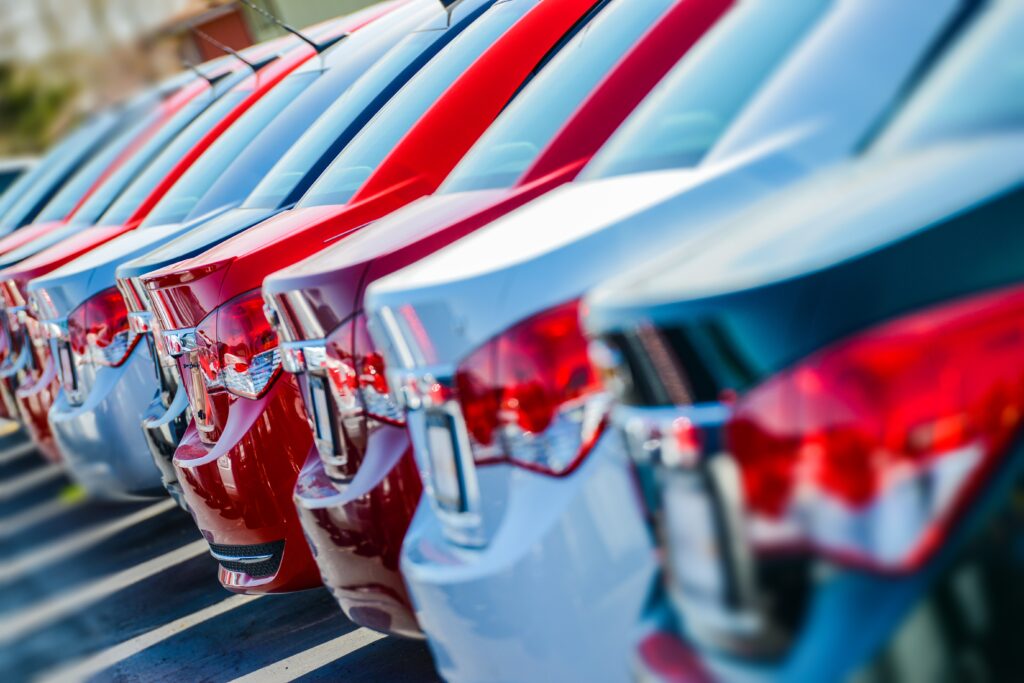Table of Contents
Know the Relationship Between Leasing and Taxes
Most of the time, only your monthly payments will be taxed, but there are some exceptions. In some states, you may have to pay the tax for the full price of the car even if you will only be using 50% of the value of the vehicle.
You may also have to pay a sales tax on the residual amount, if you purchase the car at lease end. In Texas, the state levies taxes on the full value of a leased car, but a certain law mandates that owners are exempt from paying taxes if the vehicle is primarily for personal use. This means you’re not using your vehicle for business purposes.
Watch for Pitfalls
The full amount you would pay for to purchase the vehicle is important even if you are leasing instead of buying. The higher the “purchase price”, the higher your lease payments will be and the one who profits greatly is the car dealer.
Watch out for a large cap cost reduction, also known as the down payment, because it may be hiding all the signs of a bad lease. When you take on a lease, some dealers may ask for a big down payment. Sometimes, reading the fine print will tell you exactly how much you have to pay at inception.
Some ads take your attention off the down payment and highlight the “benefits” in the form of low monthly payments. For example, to obtain your dream car (BMW) on a lease, you agree to pay the down payment of $5289 and the lease period is 30 months. But the ad says your monthly payment is 275 USD per month, which is low.
If you do the math, you are actually paying 451 USD per month because your monthly payment can be computed as $275 + $5289/30 = $451. Some ads are misleading, so you need to be vigilant.
What does “zero down” mean? It simply means your dealer will not charge you fees upfront, but could offset the price of the lease so that your “down payment” is fully covered by the termination fees, monthly fees or dealer fees. When you see an ad that says no down payment, you don’t owe “zero”. It simply means you don’t have to hand over your money at inception.
Some dealers charge dealer fees, acquisition fees, and bank fees to make up for the zero down payment. Fees are simply shifted to the end of the lease. Always consider closing costs in the calculations to find out how much the lease will cost you.
Do NOT take on a car lease if:
• You might have to end the auto lease early because of employment instability
• Your current loans or leases are a source of financial stress
• You’re expanding your family next year and you’re going to need a different car
• You’re always on the road and drive more than 12,000 miles annually
• You’re moving houses. Most lease companies prefer to keep their cars in the state
• You are a careless driver who will surely pay the full “excess wear and tear fee” at lease end
• You live in a state where lease owners are taxed up front on the entire cap cost instead of just your monthly payments
• Customizing your car is what you do best
• You want to own your car so you can install all accessories you want
• You do not completely understand automobile leasing (but you heard it’s a good idea so you’ll try it)
Remember that if you cannot pay every monthly payment on time, then you should not be leasing.
Prior to signing a lease, you should know what you are doing. If you are prone to making life-changing decisions on a whim, a lease may be too binding for you. You cannot drive a different car until after your lease is up. Terminating the lease early could mean paying dearly. You may also compromise your credit rating if you bail on your lease. A bad credit rating will affect your chances of owning or leasing cars in the future. Worse, because of your bad credit rating, banks may charge you higher interest.
Terminating your lease is like breaking a contract, which could get you sued. Early termination penalties are quoted to you early. Take note that some shady dealers pad the early termination penalty.
Your Credit Score & Leasing
Approval for a car loan or lease depends on your credit score. At the very least, your APR will depend on your credit rating. If your credit score is low, you’ll have to pay very high interest rates on a car loan, sometimes reaching up to 23%. You should also be aware that your credit score affects how much you’ll have to pay for insurance. Maintaining a high credit score does not stop with paying your credit card bills monthly. It also involves your financial decisions on loans and leases.
Make sure you have settled all disputes in your credit report before you apply for a car lease. You may need two full months to clean up your credit score, which you need to do anyway regardless if you’re applying for a lease or not. Verify the FICO Score before you talk to your dealer. Closing bank accounts to clear up your unused cards can also affect your credit rating. Give yourself time to settle everything before you send your lease application.

If you’ve never missed a payment on your credit card, you might think that’s enough for you to keep your score high. While paying your credit on time is among the best ways to keep your FICO score, but there are other variables involved. Some people with supposedly good credit may still be a credit risk. For example, if someone has too much credit and many ancient accounts that were never used, lenders see that as a risk.
An OK score can probably get you the lease you want, but you can still improve it by closing some of your cards, especially those you rarely use. Your score may be pulled down by cards that you aren’t using. Here are some more of the measures you can do before you apply for a lease or a loan.
• Evaluate your credit score and history.
• Clean out your “excess” by closing old accounts. However, your oldest account should stay open.
• Maintain a balance of less than 30% of your credit limit.
• Remove address errors or other clerical errors from your credit file.
• Try to get “charge offs” removed from your credit file.
• Bring up your credit score before applying for lease.
Financial Lease Considerations Conclusion
In conclusion, understanding the financial aspects of a car lease is crucial before making this commitment. One key consideration is the relationship between leasing and taxes, as the taxation rules can vary significantly from state to state. Knowing how taxes are calculated on your monthly payments and any potential additional taxes upon lease termination or vehicle purchase is essential to avoid surprises.
Furthermore, it’s important to be vigilant when negotiating a car lease to avoid potential pitfalls. Dealers may try to mask a bad lease by emphasizing low monthly payments while requiring a substantial down payment. Avoid leasing if you anticipate employment instability, financial stress from other loans or leases, a need for a different car due to family expansion, or if you drive more than the lease’s annual mileage limit.
Maintaining a good credit score is critical for lease approval and securing favorable interest rates. Remember that a car lease is a binding contract, and terminating it early can lead to costly penalties and a negative impact on your credit rating. Take the time to understand the terms and conditions thoroughly before signing the lease agreement.


